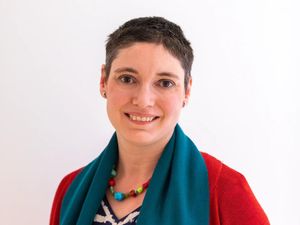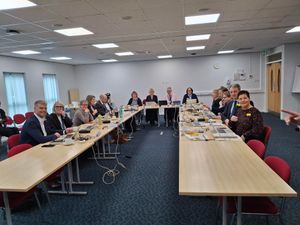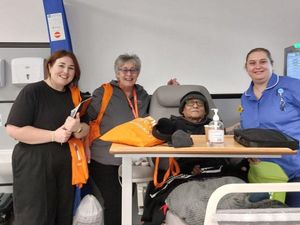Shropshire and Mid Wales Fertility Centre moving to new home
For more than a quarter of a century, it has been helping thousands of couples realise their dreams of becoming parents.
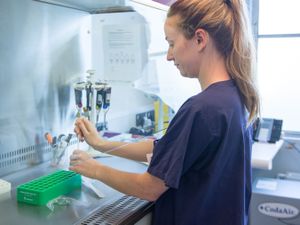
The Shropshire and Mid Wales Fertility Centre is one of the top IVF clinics in the UK.
But it has outgrown its current home at the Royal Shrewsbury Hospital and is now set to move to a new facility on the outskirts of Shrewsbury.
From this summer, the centre will be operating from Severn Fields Health Village in Sundorne.
The Shrewsbury and Telford Hospital NHS Trust, which runs the facility, says it will mean better facilities for patients and the multi-professional fertility team.
Health bosses say it will also provide scope for more advanced fertility treatments, such as pre-implantation genetic diagnosis, to be offered in the future to help more couples and further improve success rates.
The centre is an NHS Assisted Conception Centre delivering the latest assisted conception methods and technology to both NHS and private patients.
As well as IVF, that includes ICSI (Intra-cytoplasmic Sperm Injection), IUI (Intra-Uterine Insemination), egg donation and storage.
Jason Kasraie, consultant clinical embryologist and andrologist, and head of fertility services, said the centre has been helping couples since 1991 and moved to its current location at the RSH in 2001.
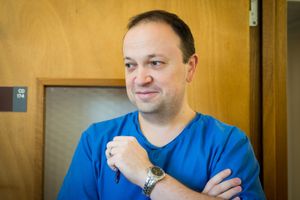
Two years later the clinic brought IVF treatment to Shropshire.
Jason said: "Before then, we were literally sending them to Coventry to have their treatment.
"In 2003, we were undertaking between 100-150 treatments; now we undertaking 650 treatments a year.
“We have outgrown our facility here, technology has changed too, and we also are doing more varied treatments, for example with oncology patients. Treatments have grown and space here is now at a premium.
“The move to Severn Fields means bigger premises. It is almost double the size of the current department giving us the space and the facilities to move into the 21st century.
“The facilities will be so much better, and we hope our success rates will improve further as we will have an even more stable environment for our embryos.”
The environment also means a leap forward too in the treatments that the centre can offer, such as helping couples with genetic disorders.
This means that they will no longer have to travel to London and can instead be treated in the county.
Jason added: "This is an exciting time for the centre – and we look forward to continuing to build on our success rates for the couples that choose to use the centre.
“It is an eagerly anticipated new chapter.”


